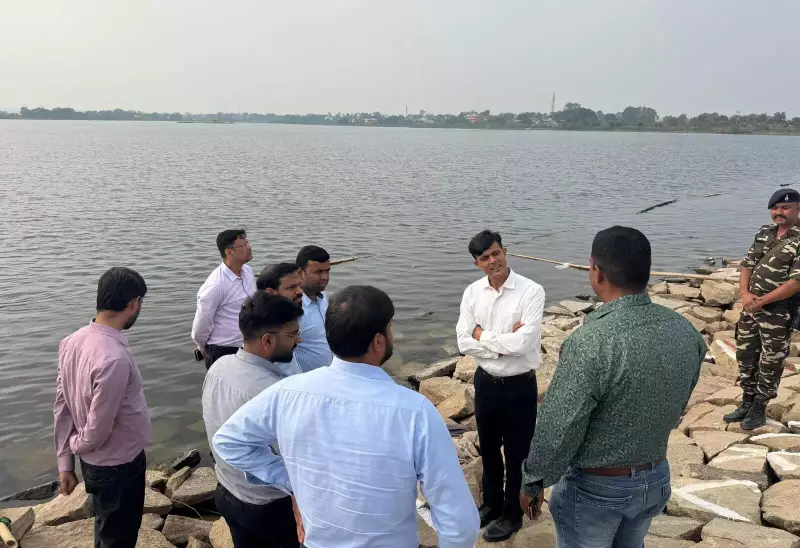
In a significant move to preserve the sanctity of water bodies, the Ranchi Municipal Corporation (RMC) has initiated special night patrols across the city's reservoirs and ponds. This proactive measure comes ahead of the revered Chhath Puja festival, where thousands of devotees perform rituals in natural water sources.
Enhanced Security for Sacred Waters
The municipal body has deployed dedicated teams that will monitor water bodies throughout the night, preventing any unauthorized activities that could lead to pollution. These patrols will focus on maintaining the purity of water sources where Chhath devotees traditionally offer prayers to the Sun God.
Comprehensive Protection Strategy
According to municipal officials, the night surveillance program includes:
- Regular monitoring of major water bodies including Ranchi Lake and other community ponds
- Prevention of waste dumping and chemical contamination
- Coordination with local communities and religious groups
- Quick response teams for immediate action against violations
Preparing for Chhath Celebrations
The timing of this initiative is crucial as Chhath Puja, one of the most important festivals in Jharkhand and Bihar, involves extensive water-based rituals. Devotees typically fast and offer prayers at riverbanks, ponds, and other water bodies during sunrise and sunset.
Municipal Commissioner Shri Shashi Ranjan emphasized that "protecting our water bodies is not just an environmental concern but also a matter of religious significance for thousands of devotees." He added that the corporation is committed to ensuring that all rituals can be performed in clean and safe water conditions.
Community Response and Participation
Local residents and religious organizations have welcomed this initiative, noting that it addresses long-standing concerns about water pollution during festival seasons. Many community volunteers have expressed willingness to collaborate with municipal authorities in maintaining the cleanliness of these sacred spaces.
The night patrol initiative represents a growing awareness among urban local bodies about the need to balance religious traditions with environmental conservation, setting a positive precedent for other cities facing similar challenges during major festivals.





